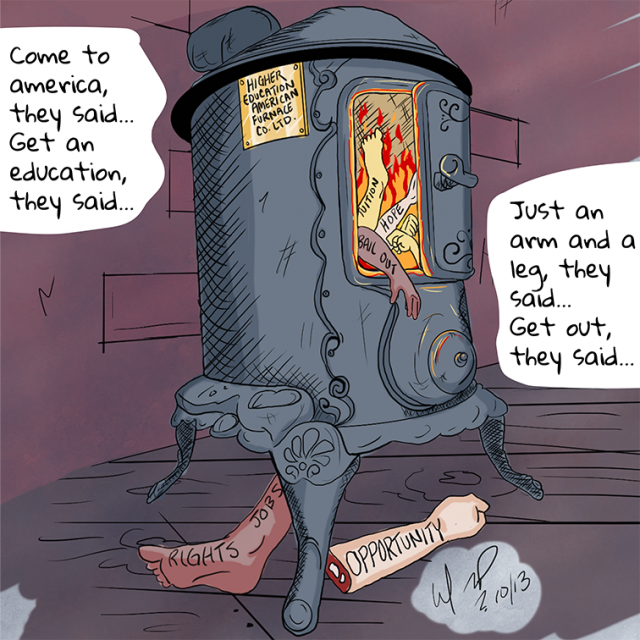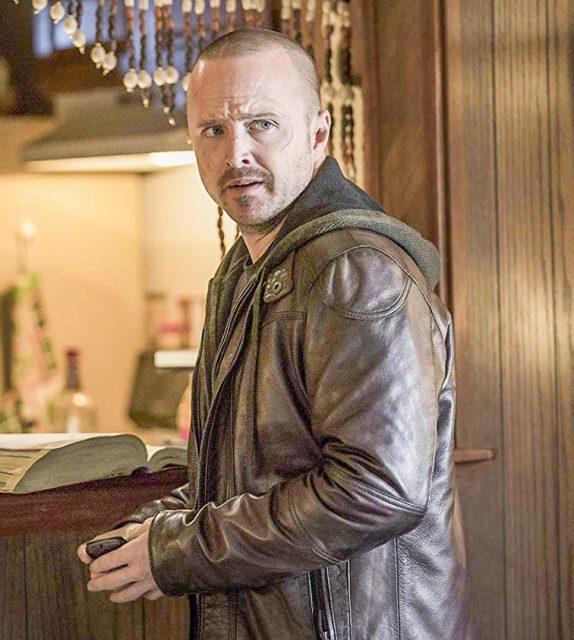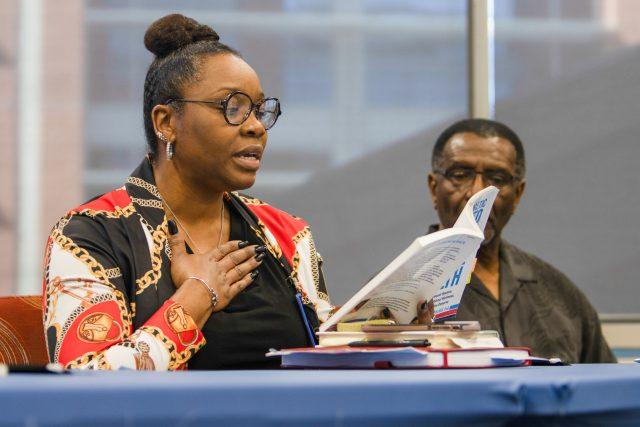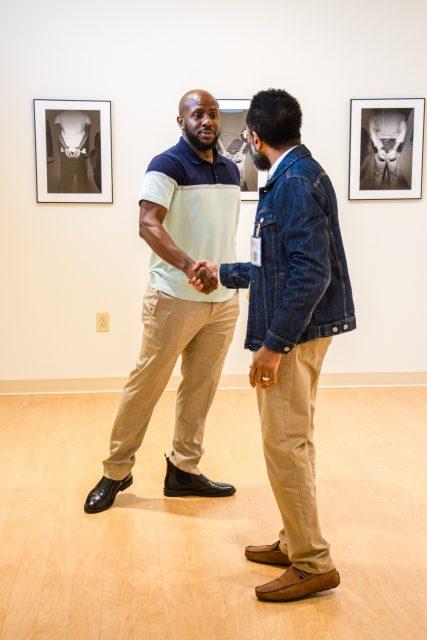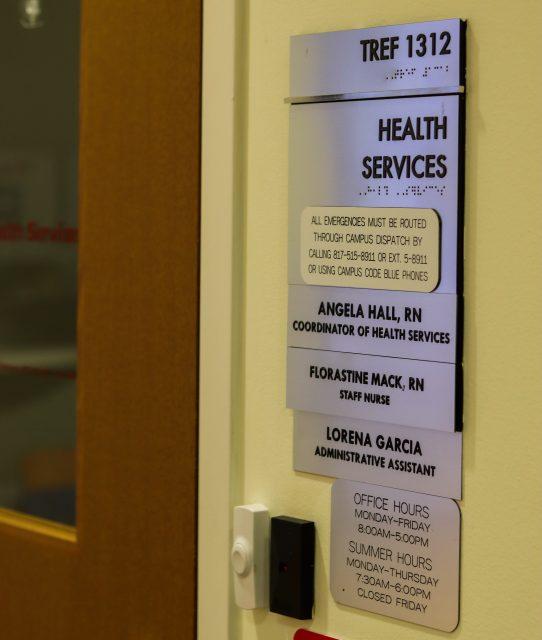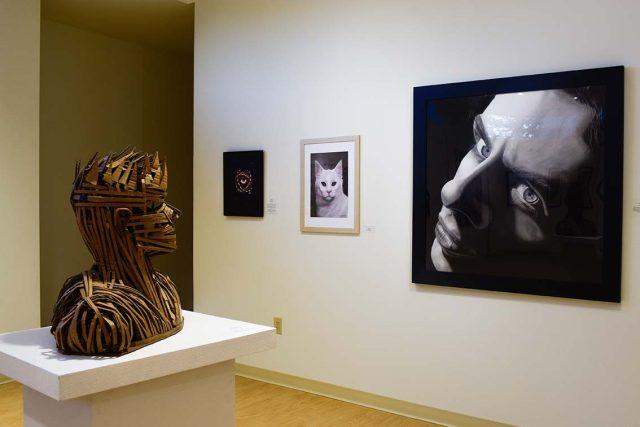| October 16, 2019 | Gunner Young | campus editor |
|---|
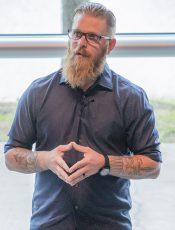
As part of World Mental Health Day, TR student activities hosted a leadership summit with the main subject being veterans suffering from PTSD and the various ways that veterans can seek help with mental health issues.
Student activities coordinator Kelsey Bratcher opened the event with information on the speakers and the benefits of listening to their stories.
“When you meet people and hear their story,” Bratcher said. “You get more connected and they sort of become like a friend to you.”
The keynote speaker, Deven Schei, was an injured combat veteran who now works with the Wounded Warrior Project to spread awareness for PTSD and issues that plague soldiers after they return from active duty.
He spoke specifically about his older brother, and how he would come back from his service overseas a changed person.
“He was dealing with PTSD, but it wasn’t talked about at that time [2012],” Schei said. “It was a career killer in the military. Whoever talked about anxiety or PTSD, you were done. The army didn’t want you anymore.”
Schei recalled the phone call that would change the course of his life, when his mother called to tell him his brother had been shot.
“When I answered I could hear the pain in my mom’s voice,” Schei said. “She told me, ‘Erik’s been shot, and we don’t think he’s going to make it.’”
His brother survived the injuries. The hardships that came with recovery ended up encouraging Schei to follow in his older sibling’s footsteps to complete his military mission.
“After he started to get better, my family was finally together and I saw happiness for the first time in a long time,” Schei said. “So I decided to ruin it and join the army.”
Schei then recounted an incident when four rockets hit his vehicle and the injuries he and his squad suffered as a result.
This traumatic incident led to Schei becoming involved in the Wounded Warriors Project. After the incident, Schei recalled losing his identity partially because he was unable to wear his military uniform. However, when he received the branded clothing from Wounded Warriors, it restored the identity he had temporarily lost.
“I wasn’t just a nobody in the hospital, I was a Wounded Warrior,” Schei said.
He concluded his speech by explaining the changes the U.S. military has gone through in regards to mental health, and how the Wounded Warriors Project was there to help soldiers and their families in times of need.
“I got a call from a guy in Oregon who was at a breaking point,” Schei said. “He said he had a pistol in his mouth and that he was done. We flew a staff member out that next day and made sure that warrior was OK.”
There was a short intermission after the first speech, and the audience was told to move into a nearby classroom for lunch. The second half of the event featured speakers with different roles that help veterans.
Speaker William Rivera Vasquez, MHMR Tarrant member and a veteran, spoke on his experiences with drugs, alcohol and homelessness after his time in the military.
He told the audience that PTSD not only afflicts combat veterans, but civilians as well.
“Trauma is trauma,” Vasquez said. “We are all fighting the same demon.”
























